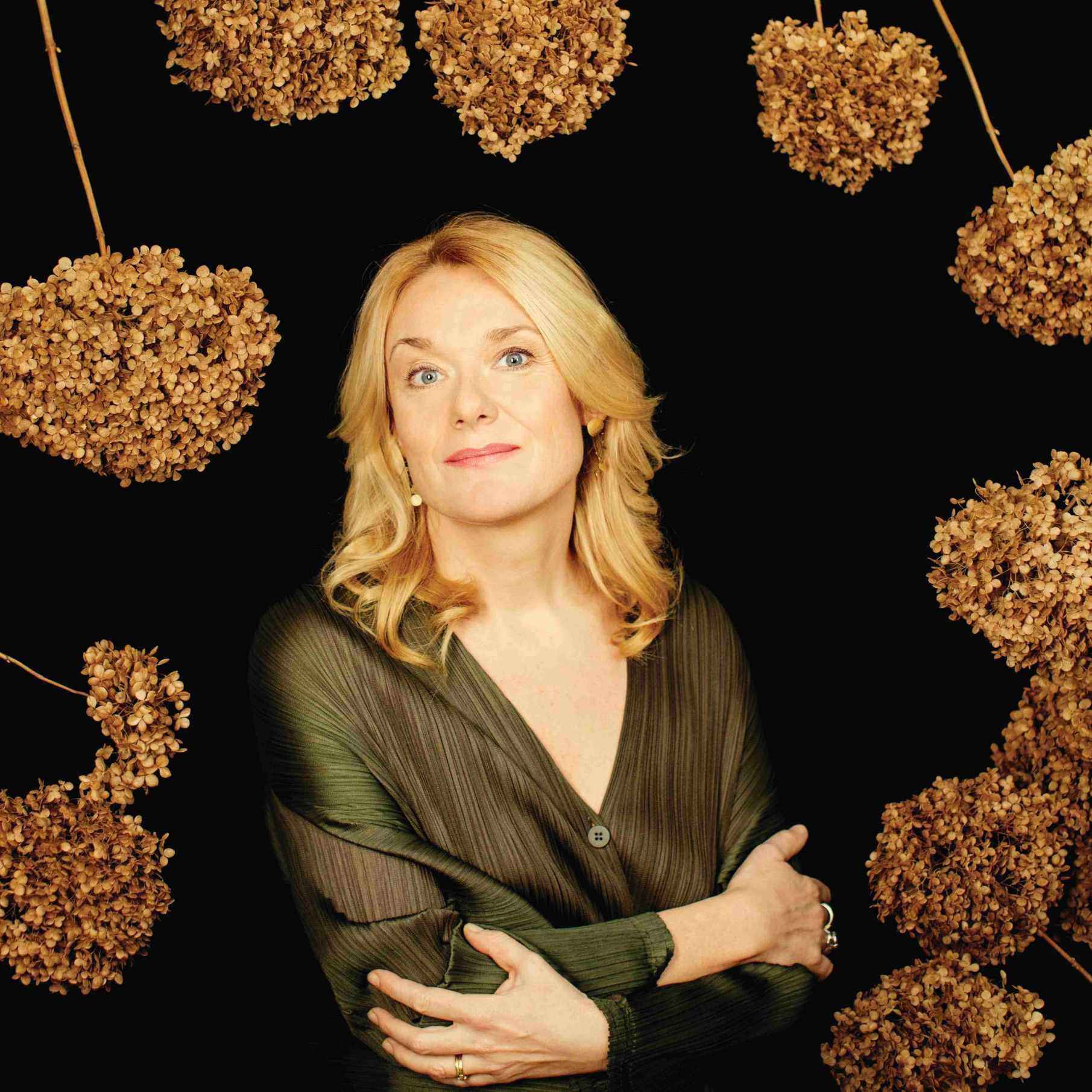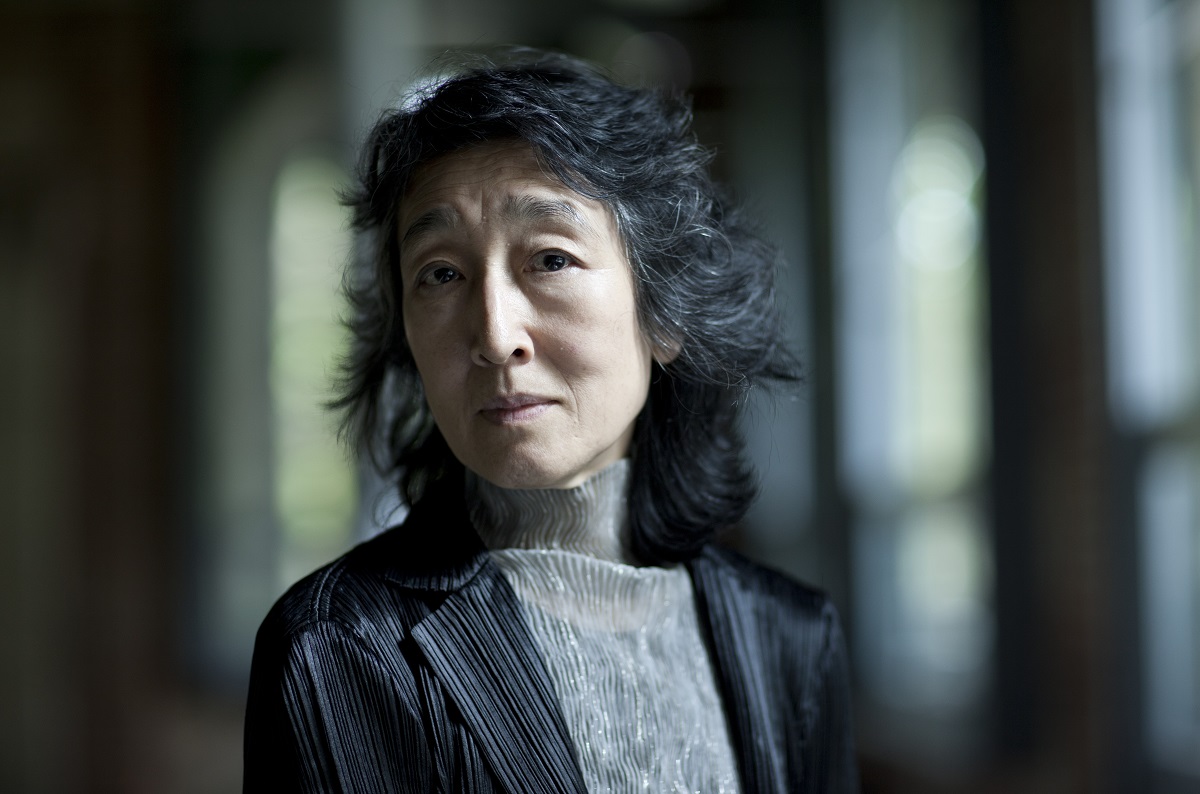KOŽENÁ & UCHIDA
Programme
- Olivier Messiaen: Poèmes pour Mi
- Claude Debussy: Trois chansons de Bilitis
- Claude Debussy: Ariettes oubliées
- Claude Debussy: Cinq poèmes de Baudelaire
Performers
- Magdalena Kožená – mezzo-soprano
- Mitsuko Uchida – piano
Magdalena Kožená about her concert at Rudolfinum
Magdalena Kožená needs no introduction to our Prague Spring audience. One of the most famed singers of our time, she excels in both opera and early music and is accompanied as a soloist by the leading orchestras of the world. A core part of her repertoire is reserved for songs. It is the songs of French authors, lyrical flights of unorthodox harmonies and satin timbres, that she will present in the Dvořák Hall of the Rudolfinum. She will be joined by her long-standing musical collaborator Mitsuko Uchida, one of the most prized pianists of the past decades. Magdalena Kožená is one of the most sought-after Czech artists abroad. Any performance she has in Prague is thus an extraordinary event and a rare occasion for her home audience to enjoy her art. When Kožená performed with Mitsuko Uchida for the first time at the Prague Spring in 2012, reviewers lauded the sold-out concert as the crowning point of the festival. Their subsequent cooperation was described by Jindřich Bálek in Harmonie as “a bet on perfect elaboration and inner discipline”, while noting that Uchida “set every tone in precisely calibrated strokes”. Boris Klepal’s critique on the news site aktualne.cz declared: “Uchida notices details in the accompaniment even in places where the composer mainly creates a general mood, and her poetic play integrates quite seamlessly with Magdalena Kožená’s output.”

Here at the Prague Spring, they invite us to an evening of French songs that share the central topic of love. Poèmes pour Mi (Poems for Mi) were composed by Olivier Messiaen in his late twenties for his first wife Claire Delbos, whom he affectionately called Mi. The songs clearly evince the composer’s mature musical language, while testifying to Messiaen’s firmly French roots with a sense for refined harmonies and tone colour. Both these aspects were mastered by Claude Debussy, who will be presented to the festival audience by a selection of three short song cycles. Debussy’s Trois chansons de Bilitis (Three Songs of Bilitis) were inspired by the erotic poetry of Pierre Louÿs, while Ariettes oubliés (Forgotten Songs) set Paul Verlaine’s verses to music. Cinq poèmes (Five Poems) give wing to words from the infamous Les Fleurs du mal of Charles Baudelaire.








